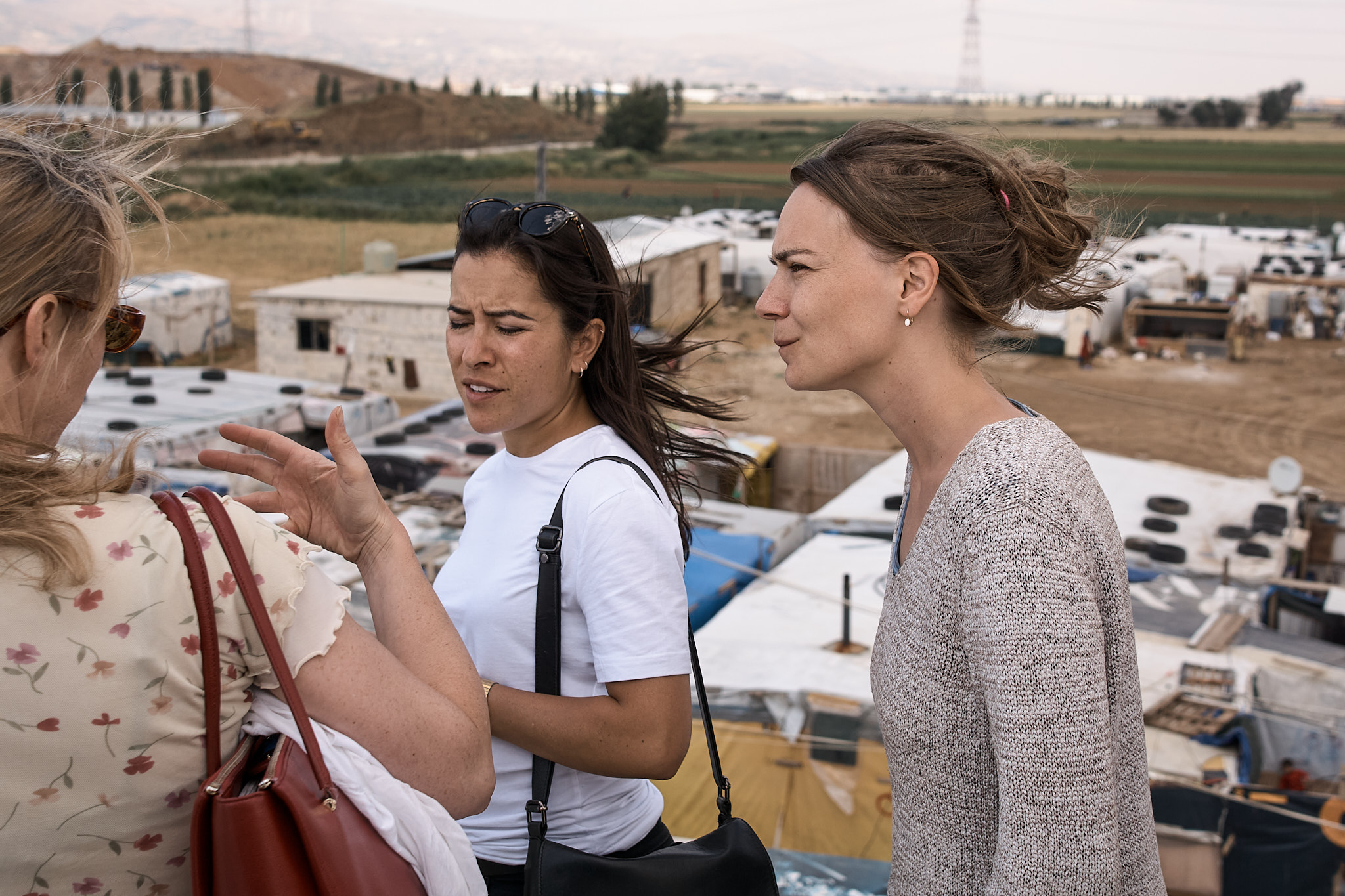Various anthropological studies have demonstrated how humanitarianism often sidelines historical and political narratives, leading to competing needs and undermining rights-based claims and forms of solidarity. The European migration and border regime gives a stark example where humanitarian modes of governance undermine rights-based demands.

Bekaa, Lebanon 2018
Photo: David Kretonic
The panel aims at bringing together ethnographic research that follows and highlights human rights activism within the migration and border regime. These studies might encompass collectively organized forms of activism, such as the no-border movement, as well as individual struggles for a life of rights and dignity, which might find expression in daily practices or storytelling.
While some initiatives do explicitly articulate claims for human rights, many others rather embody social and political demands in their day-to-day practices. Such implicit claims, which do not rally around a shared slogan but manifest in “collective action of noncollective actors” can be understood with Asef Bayat (2010) as “non-movements”. Interested in exploring the extent to which universal human rights and international law can provide a common ground for activist solidarity and research agendas, this panel also contributes to a debate on how engaged anthropology can situate on-the-ground realities within the context of global governance. It raises the question of to what extent human rights standards can actually provide a “terra firma” for anthropologists, whose role is often difficult to define in various settings, particularly in emergency contexts.
References:
Bayat, Asef. 2010. Life as Politics: How Ordinary People Change the Middle East. Stanford, California: Stanford University Press.
Kasparek, Bernd, and Matthias Schmidt-Sembdner. 2016. ‘Towards Democracy: Die Bewegung der Migration und die Demokratisierung des europäischen Projektes’. In Europe – what’s left? Die Europäische Union zwischen Zerfall, Autoritarismus und demokratischer Erneuerung, edited by Mario Candeias and Alex Demirovic. Münster: Westfälisches Dampfboot.
Marcus, George E. 2010. ‘Experts, Reporters, Witnesses: The Making of Anthropologists in States of Emergency’. In Contemporary States of Emergency: The Politics of Military and Humanitarian Interventions, edited by Didier Fassin and Mariella Pandolfi, 357–77. New York: Zone Books.
Schmelter, Susanne. 2020. ‘Migration Struggles along the Humanitarian Border: Syrian Displacement in Lebanon and Ways to Travel to Europe’. Ethnologia Europaea 50 (2). https://doi.org/10.16995/ee.1182.
Ticktin, Miriam. 2016. ‘Thinking Beyond Humanitarian Borders’. Social Research: An International Quarterly 83 (2): 255–71.